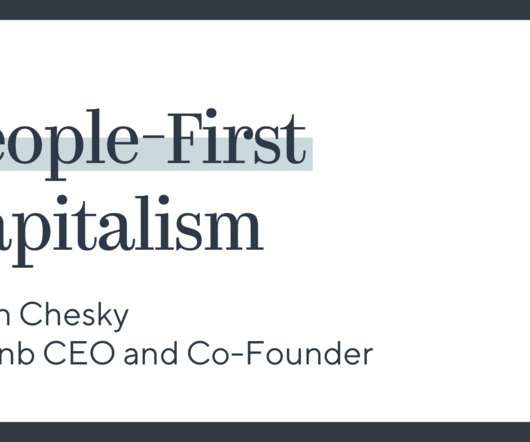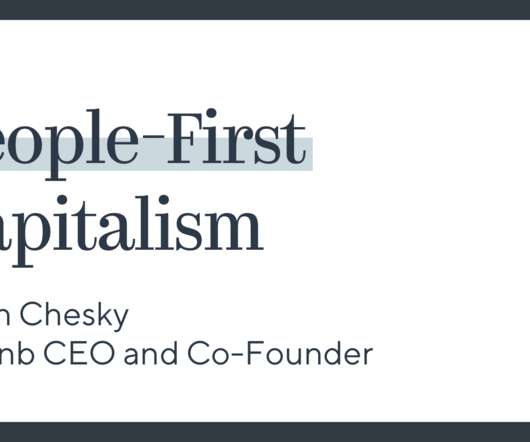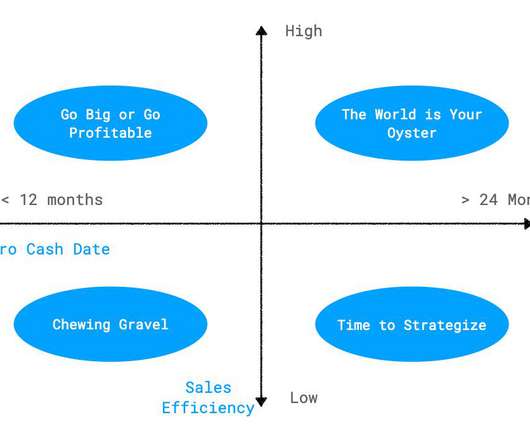Startup Funding – A Comprehensive Guide for Entrepreneurs
ReadWriteStart
JUNE 1, 2020
The primary source of your funds should be your paying customers, i.e., your business should generate enough revenues and profits to fund the growth and expansion. Forms of funding. ? Equity investment. Equity investment is the most popular and most talked-about avenue for startup funding. Equity investors.






















Let's personalize your content